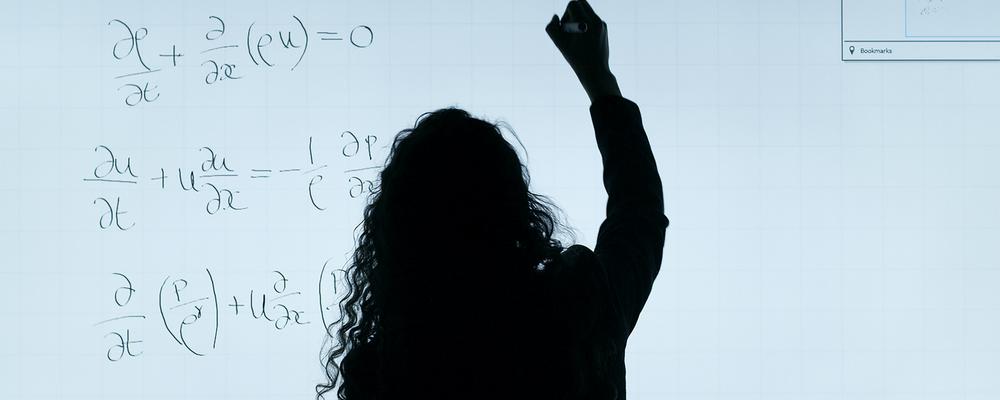17.30-17.40 Introduktion
17.40-18.10 Philip Gerlee: Biologiska vågor
Med matematikens hjälp kan vi beskriva olika typer av vågor i biologiska system. Det kan till exempel handla om hur en invasiv art sprider sig geografiskt, eller om en smittovåg likt de vi upplevde under pandemin. Det händer också att populationer varierar på ett regelbundet sätt och ger upphov till vågmönster då den totala populationen bektraktas över tid. Dessa fenomen kan beskrivas av modeller som består av differentialekvationer och genom att analysera dessa kan vi bättre förstå vågornas natur.
18.10-18.40 Eszter Lakatos: Waves of cancer and how to tackle them
Cancer is the second leading cause of death worldwide. What makes it challenging to treat is that often an initial good response is followed by waves of cancer re-appearing one after the other. I will discuss how we use mathematics and simulations to understand these new waves, and design new treatments that can keep them under control.
18.40-19.00 Paus
19.00-19.30 Julie Rowlett: The mathematics of waves and the power of prediction
Waves are an essential part of daily life, from the sounds we hear to the colors we see, and the technologies upon which we rely. No matter the type of wave, they all obey the same laws of physics. Translating these laws into the language of mathematics makes it possible to solve equations governing the behavior of waves and therewith make predictions about them. I'll try to give you a sense of how this works in both theory and practice.
19.00-19.30 Kasper Bågmark: Varför min gissning är bättre än din
Filtrering i matematiska sammanhang kan betyda många olika saker. I det här fallet handlar det om att ta fram bästa möjliga gissning baserad på den tillgängliga informationen. Den här presentationen kommer handla om att beskriva olika metoder för att lösa det ickelinjära filtreringsproblemet.
